February 27, 2019
More than two-thirds of the megacities of the world will be located in Asia by 2025
Robust economic growth and rapid urbanisation over the last few decades has resulted in the creation of a number of megacities in Asia. Against this backdrop, 33 out of the projected 49 megacities will be located in the region, according to GlobalData, a data and analytics company. The City Economics Database reveals that megacities were home to nearly 8.35 percent of the world’s population and contributed 15.50 percent to total global GDP in 2018. Of the world’s 40 megacities in 2018, 26 were located in Asia. GlobalData forecasts that the number of megacities will increase to 49 and more than two-thirds of these megacities (including 19 in China and six in India) are expected to be located in Asia by 2025.








 Job security is the top reason employees in the UK joined their company, and also the main reason they stay, according to Mercer’s
Job security is the top reason employees in the UK joined their company, and also the main reason they stay, according to Mercer’s 
 By failing to properly explore what service provision is offered in the event of a serious incident such as flood or fire, businesses are leaving themselves vulnerable to a failing of business continuity, a new survey from Regus suggests. The survey found that 40 percent of businesses rely solely on what their workplace recovery provider tells them, or what is in their contract to protect them from a crisis. The lack of testing of recovery facilities by businesses also leaves them open to further disruption, with businesses at risk of finding that, in reality, the location they have been allocated is too small, with seats only available on a first-come-first-served basis, leaving business-critical staff unable to work.
By failing to properly explore what service provision is offered in the event of a serious incident such as flood or fire, businesses are leaving themselves vulnerable to a failing of business continuity, a new survey from Regus suggests. The survey found that 40 percent of businesses rely solely on what their workplace recovery provider tells them, or what is in their contract to protect them from a crisis. The lack of testing of recovery facilities by businesses also leaves them open to further disruption, with businesses at risk of finding that, in reality, the location they have been allocated is too small, with seats only available on a first-come-first-served basis, leaving business-critical staff unable to work.


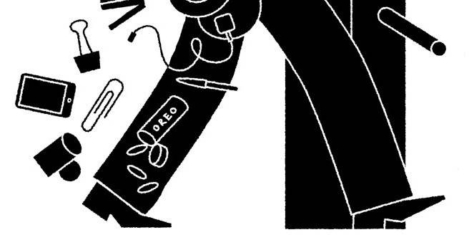




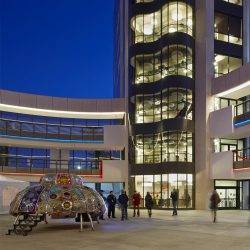
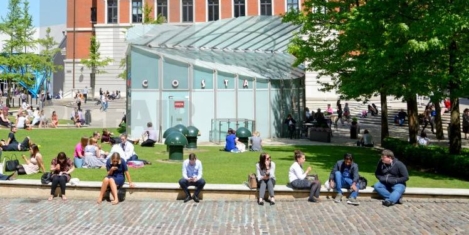

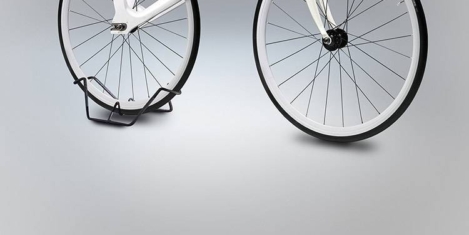
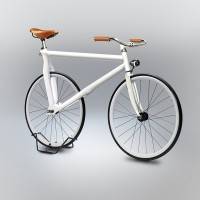









February 26, 2019
Survey suggests that all age groups are similarly motivated at work
by Sara Bean • Comment, News, Workplace
(more…)